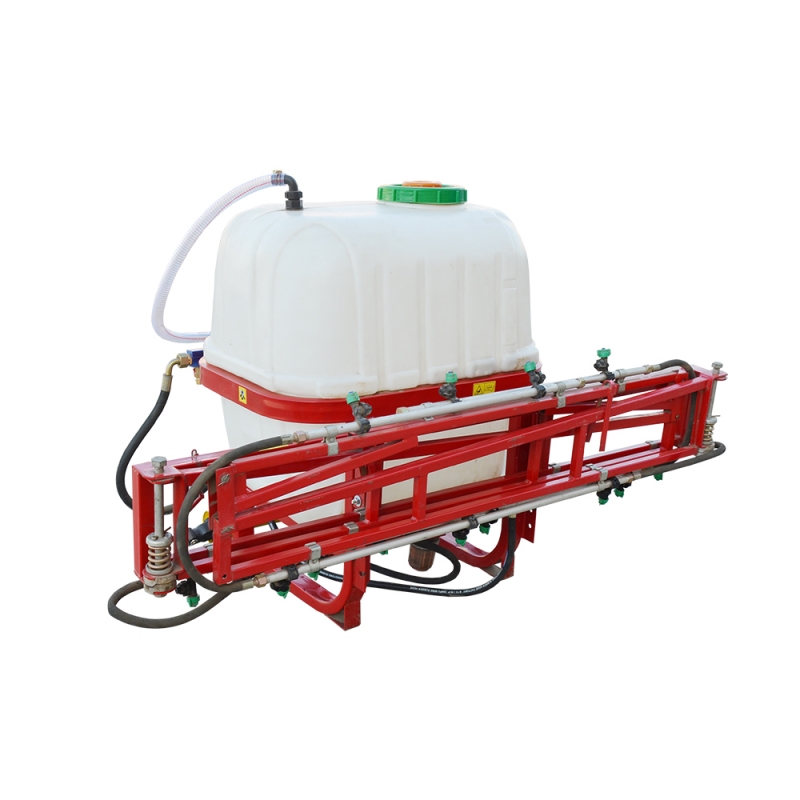How Agricultural Sprayers Improve Crop Management and Yield
2025-04-22
Agricultural sprayers are essential tools in modern farming, designed to efficiently apply fertilizers, herbicides, pesticides, and other liquid solutions across large fields. These machines help farmers manage crops more effectively by ensuring even distribution of treatments, which promotes healthier plant growth and higher yields. The ability to target specific areas also reduces waste and minimizes the environmental impact of chemical applications.
There are various types of agricultural sprayers to suit different farming needs, including handheld sprayers, backpack sprayers, tractor-mounted sprayers, and aerial sprayers used with drones or aircraft. Each type offers unique advantages depending on the scale and nature of the operation. For smaller farms or specific crop areas, manual and backpack sprayers provide control and precision. Larger farms benefit from boom sprayers or self-propelled units that cover wide areas quickly and consistently.
Key components of agricultural sprayers include the tank, pump, nozzles, and control system. The pump pressurizes the liquid and delivers it through hoses to the nozzles, which break it into fine droplets for even coverage. Nozzle selection is crucial, as different crops and chemicals require specific droplet sizes and spray patterns. Advances in nozzle technology have made it possible to reduce drift and increase accuracy, which is particularly important when working near sensitive areas or in windy conditions.
Modern agricultural sprayers often feature GPS and sensor technology to enhance precision and efficiency. These systems allow farmers to map fields, monitor application rates in real time, and avoid overlapping or missing sections. Variable rate technology enables sprayers to adjust the amount of chemical applied based on soil condition or crop density, leading to smarter resource management and better results. Data collected during spraying can also be analyzed to improve future planning and crop performance.
Maintenance and proper calibration of agricultural sprayers are vital for ensuring their effectiveness and longevity. Regular checks of hoses, filters, nozzles, and pressure systems help prevent clogs, leaks, or uneven spraying. Proper cleaning between uses reduces the risk of cross-contamination and maintains the integrity of the chemicals being applied. Training and safety precautions are also important, as improper use of sprayers can pose health risks to operators and harm the environment.
Agricultural sprayers have transformed the way farmers manage crops, offering speed, accuracy, and flexibility in chemical application. Their role in promoting sustainable and productive agriculture continues to grow as new technologies and environmentally friendly practices are integrated into farming operations.



